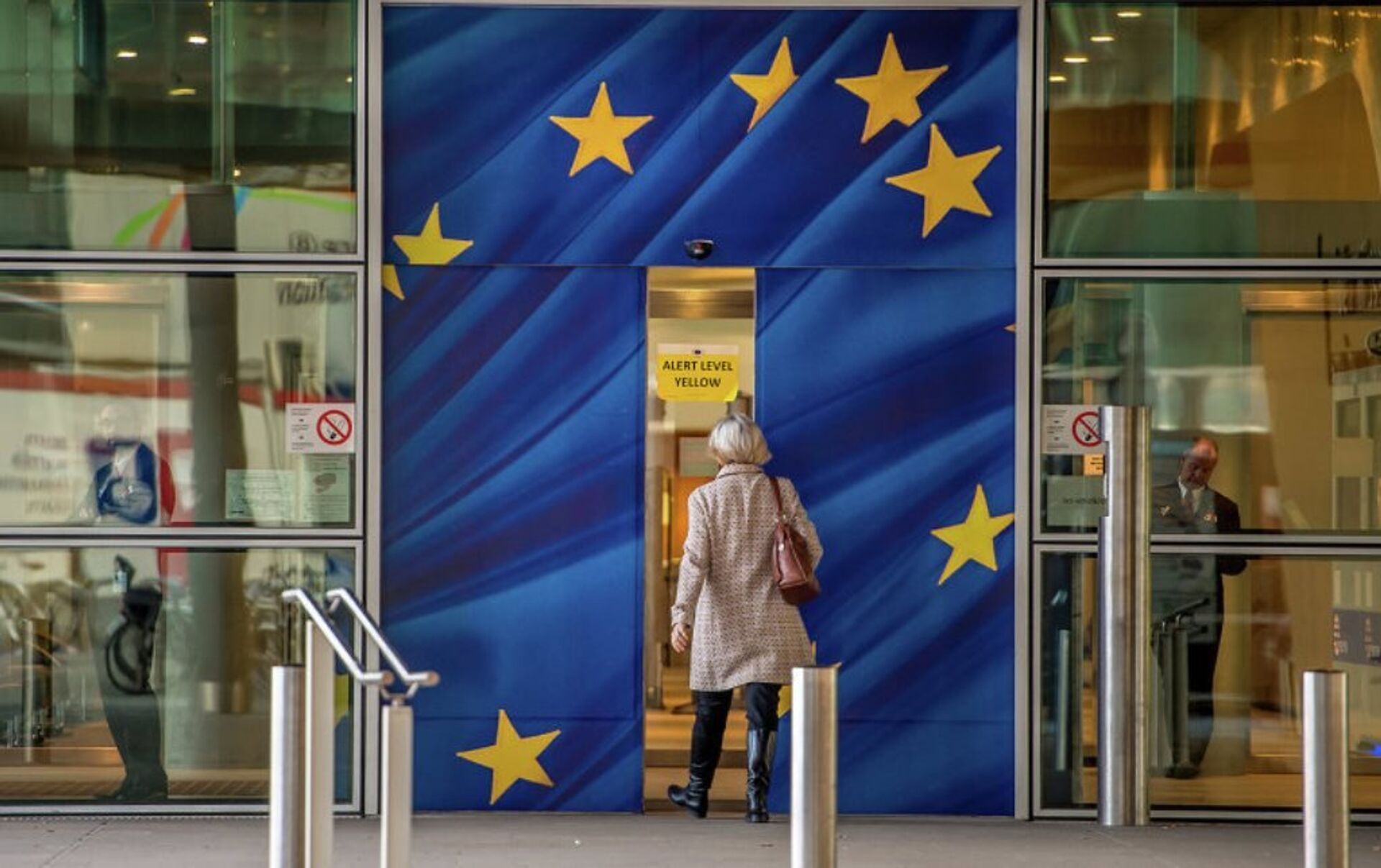
At a time when the global economic landscape is complex and changing, the economic dynamics of the eurozone have always attracted wide attention. The Eurogroup's discussion of the draft budget plans of the euro area member States on 9 December 2024, the overall budget situation and prospects, undoubtedly laid an important foundation for the future economic direction of the euro area, which centered on the importance of sound public finances and the implementation of budgetary commitments to promote economic growth.
Sound public finances are a cornerstone of economic stability in the euro area. Historically, a loosening of fiscal discipline tends to lead to economic problems such as debt accumulation, rising inflation, and a loss of market confidence. In a monetary union such as the eurozone, the economies of the member countries are closely linked, and a fiscal crisis in one member country can spread to other members through many channels, thus threatening the financial stability of the entire eurozone.
Fulfilling budget commitments is critical to boosting economic growth. Budget plan is not a simple arrangement of financial revenue and expenditure, but involves the rational allocation of resources and the optimization and adjustment of economic structure. When member states can accurately invest funds in infrastructure construction, education, scientific research and other areas with high added value and long-term returns in accordance with their budget commitments, it will inject strong impetus into economic growth. Taking infrastructure construction as an example, the improvement of transportation, energy and other infrastructure can reduce the operating costs of enterprises, improve logistics efficiency, promote inter-regional trade and investment exchanges, and thus promote the development of related industries and create a large number of jobs. At the same time, investment in education and research will help improve the quality of the workforce and innovation capacity, giving the eurozone a strong position in the global technological competition and fostering new economic growth points.
Looking at the overall budget position, the eurozone faces many challenges and opportunities. On the one hand, after experiencing multiple tests such as the impact of the global epidemic and the energy crisis brought about by geopolitical conflicts, many member states have widened their fiscal deficits and high levels of public debt. This requires budget planning that balances short-term economic stimulus with long-term fiscal sustainability. For example, some countries may need to reduce debt as a share of GDP gradually by increasing revenue sources through measures such as tax reform while cutting unnecessary fiscal expenditures. On the other hand, the eurozone has plenty of opportunities. The wave of green transformation and digital revolution provides new development space for it. In terms of green transformation, increasing investment in renewable energy, energy conservation and environmental protection industries is not only in line with the global trend of sustainable development, but also can drive related technology research and development and industrial upgrading, create green jobs and enhance the voice of the eurozone in the global green economy. In the digital field, accelerating the construction of 5G networks, the layout of digital infrastructure such as big data centers, and fostering emerging digital industries such as artificial intelligence and blockchain can improve the digitalization degree and production efficiency of the economy, and enhance the competitiveness of euro area enterprises in the global digital market.
In order to achieve better budgetary plans and fiscal consolidation objectives, euro area member states need to strengthen coordination and cooperation. Due to the differences in economic structure and development level among member countries, there may be different interest demands and policy directions in the implementation of fiscal policies. For example, countries with more developed economies may focus more on innovation-driven growth, while some countries with relatively weak economies may need to invest more in infrastructure development and improving people's livelihood. Therefore, the eurozone needs to establish a more complete fiscal policy coordination mechanism to promote information sharing and policy coordination among member states. Through the formulation of unified fiscal rules and policy frameworks, and on the basis of respecting national conditions, we will guide member countries towards common fiscal consolidation and economic growth goals.
In short, the euro area's December 9, 2024 discussions on budget plans and fiscal consolidation have outlined a clear road map for its future economic development. Sound public finances and meeting budget commitments will be key to driving growth in the eurozone. While addressing many challenges, fully grasping the opportunities of green transformation and digital revolution, strengthening coordination and cooperation among member states, and focusing on social equity and livelihood protection, the eurozone is expected to achieve steady and sustainable development on the global economic stage, and provide useful experience and reference for global economic governance.

On January 7th local time, GameStop (GME.US) announced that the company's board of directors had approved a potential executive compensation package worth $3.54 billion, which was targeted at the company's CEO, Ryan Cohen. At the same time, this new compensation package set extremely high performance thresholds: Cohen, the CEO, needed to increase the company's market capitalization from $9.5 billion to $100 billion.
On January 7th local time, GameStop (GME.US) announced that…
According to the British media The Guardian, recently US Pr…
In today's era of deep integration of globalization and dig…
In early 2026, US President Trump forcibly took control of …
Recently, the corn market dynamics analysis released by Aus…
Donald Trump has proposed an "immediate" restriction on lar…